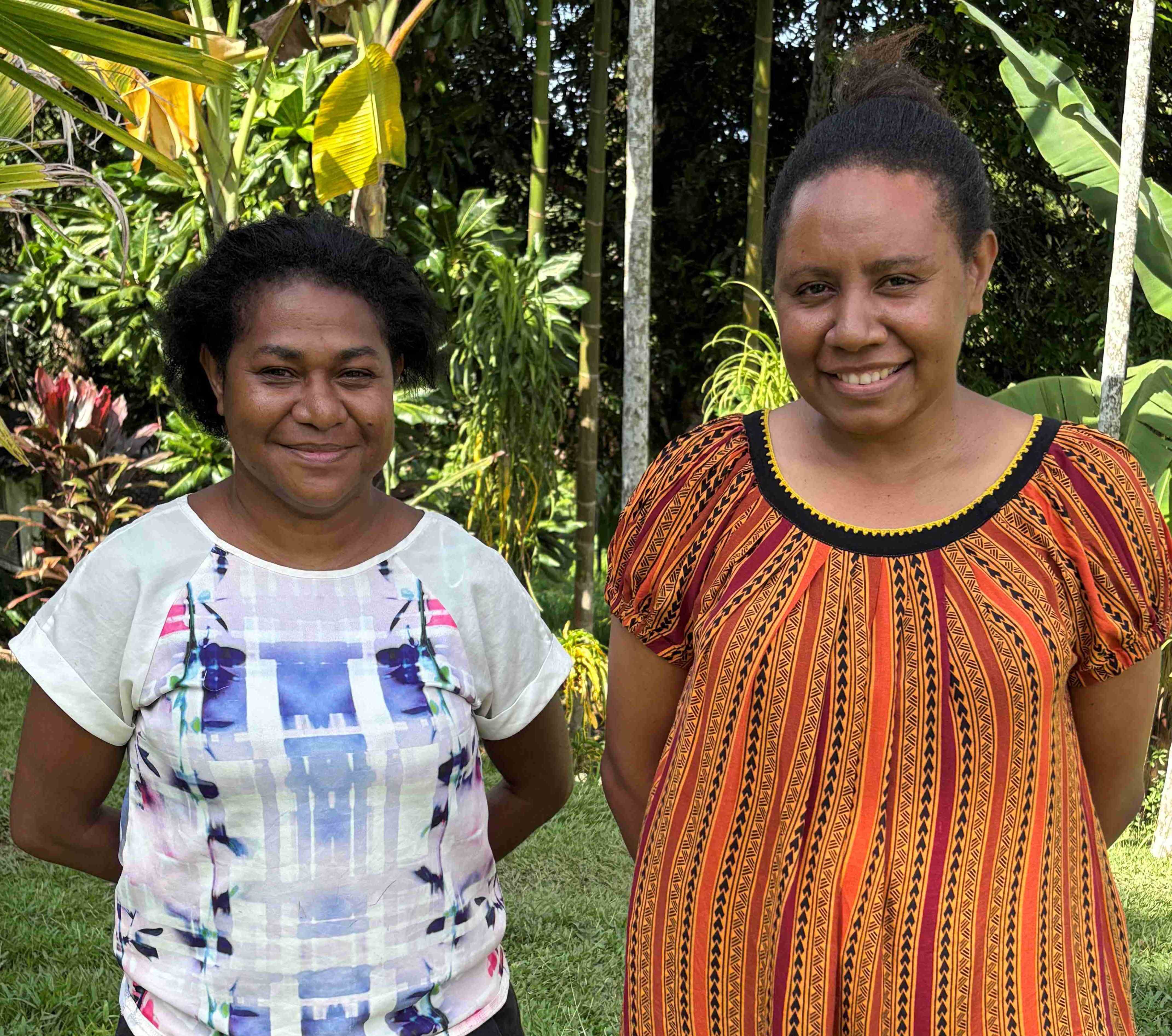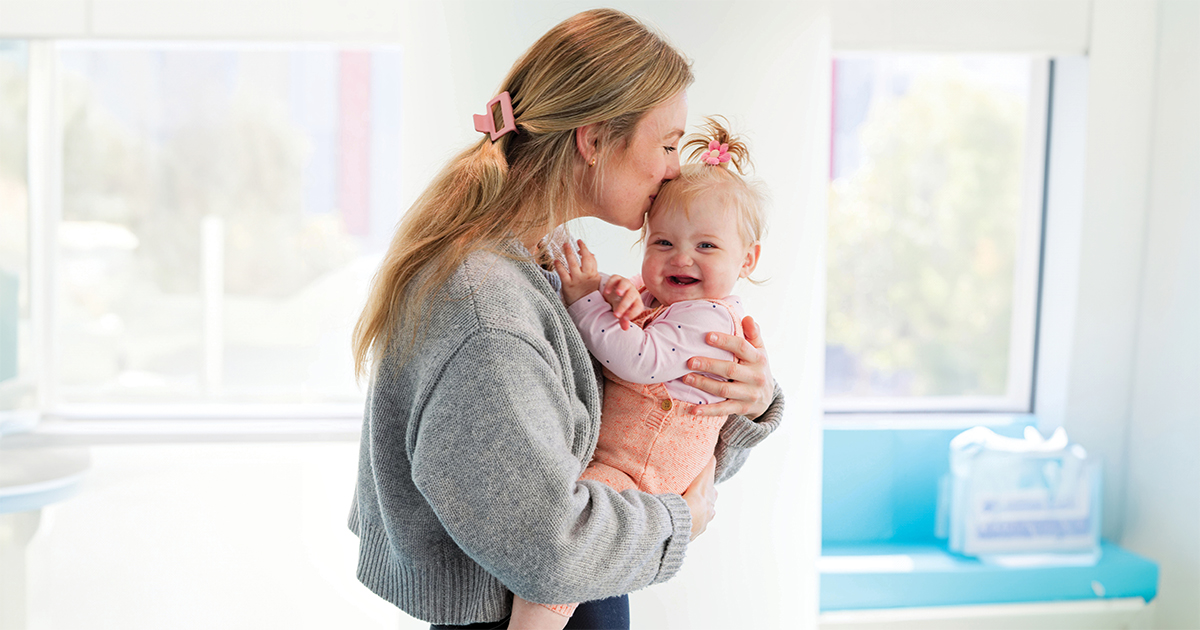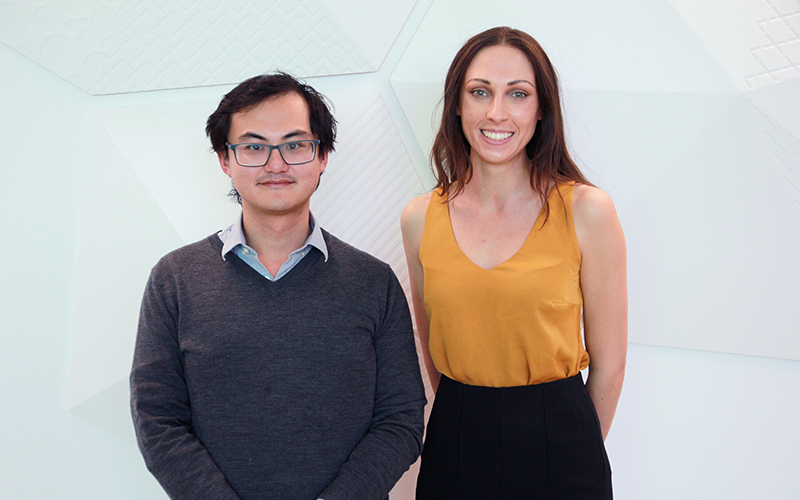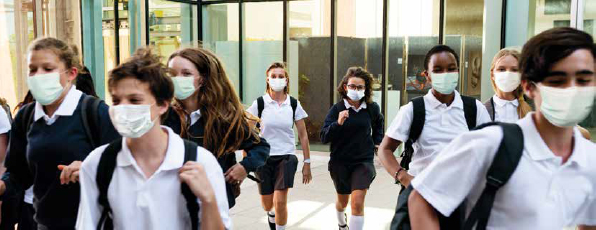Search
Showing results for "A"

News & Events
Transitioning from paediatric to adult diabetes servicesThe period of transition between paediatric (child) services and adult-based services is a sensitive one for patients with diabetes.
Research
The AIM-BRAIN Project: Access to Innovative Molecular diagnostic profiling for paediatric brain tumoursNick Gottardo MBChB FRACP PhD Head of Paediatric and Adolescent Oncology and Haematology, Perth Children’s Hospital; Co-head, Brain Tumour Research

News & Events
Research award recipients making great progress in PNGTwo infectious disease researchers from Papua New Guinea (PNG) dedicated to reducing rates of childhood mortality in their home country are making significant advances thanks to support from the Deborah Lehmann Research Award (DLRA).

News & Events
Thinking of The Kids is central to child health research institute rebrandWestern Australia’s biggest and only medical research institute dedicated to improving kids’ health and wellbeing has rebranded to The Kids Research Institute Australia.

News & Events
Why timing matters: How tumours respond to immunotherapy treatments over timeResearchers have identified key differences between cancers that respond to immunotherapy and those that do not.

News & Events
How the pandemic has shaped the mental health of our kidsThe Kids Research Institute Australia researchers went into 79 WA primary and secondary schools in 2020.
News & Events
Infection takes high toll in young childrenA new study has found that infectious diseases are the most common reason that children under two years of age are admitted to hospital.
Research
Early-life stressors and LifeCycle health - LifeCycleGraham Rachel Hall Foong BAppSci PhD CRFS FANZSRS FThorSoc FERS BSc (hons), PhD, MBiostat Honorary Research Associate Honorary Research Associate 08
Research
Therapeutic development to accelerate malaria control through intentional intervention layeringThe clinical development of novel vaccines, injectable therapeutics, and oral chemoprevention drugs has the potential to deliver significant advancements in the prevention of Plasmodium falciparum malaria. These innovations could support regions in accelerating malaria control, transforming existing intervention packages by supplementing interventions with imperfect effectiveness or offering an entirely new tool.

The discoveries that have set our research apart primarily relate to the factors early in life that cause life-long respiratory problems.
